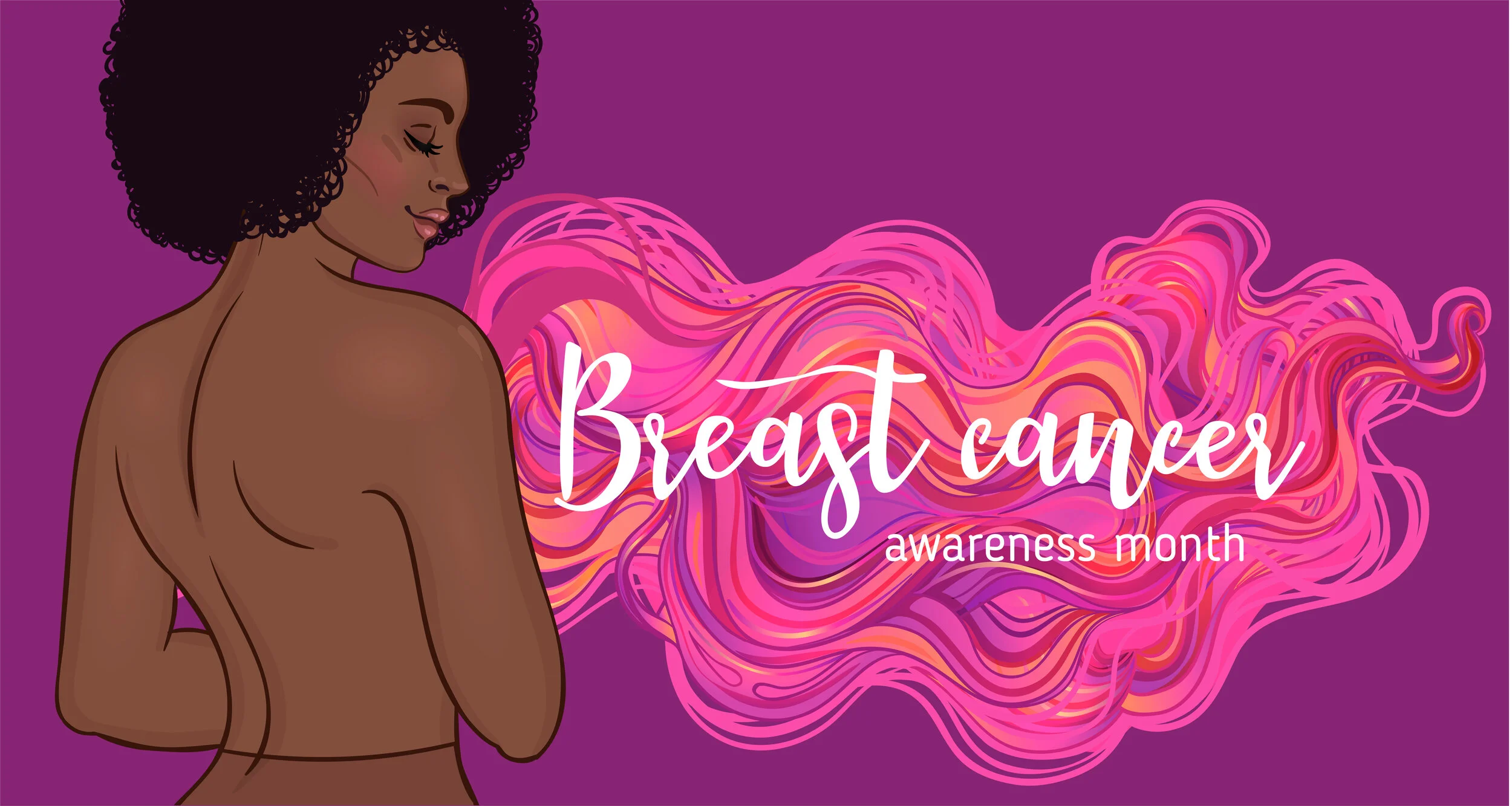8 Common Myths About Breast Cancer Risk (BUSTED!)
There is a lot of information about breast cancer, but there’s truth, and then there are many myths. Sometimes it’s hard to know what’s accurate.
To raise awareness about the impact of breast cancer, here are eight common myths about breast cancer busted with the truth.
Myth 1: Underwire bras cause breast cancer.
Truth: There is no scientific evidence that bras cause breast cancer.
Hold on to your bras, ladies. The claim was that wearing an underwire bra could prevent the flow of the lymphatic system, causing toxic substances to build in the breast tissue.
A 2014 study found no link between underwire bras and breast cancer.
Myth 2: Antiperspirant deodorant causes breast cancer.
Truth: There is no evidence that connects antiperspirant deodorant to breast cancer.
There are theories that antiperspirant deodorants containing aluminum and parabens travel to the lymph nodes and into breast cells, increasing the development of cancer cells. There is also a theory that suggests that since antiperspirants help prevent underarm sweat, they may prevent the release of toxic substances from the lymph nodes, increasing breast cancer risk.
The National Institutes of Health and the U.S. Food and Drug Administration (FDA) have found no credible evidence linking deodorant and breast cancer.
Myth 3: Men don’t get breast cancer.
Truth: According to the CDC, about one percent of new breast cancer cases are diagnosed in men each year in the U.S.
It is less common for a man to get breast cancer which is about 1 in 1,000 compared to 1 in 8 for women.
Myth 4: Radiation from mammograms causes breast cancer.
Truth: Mammograms do not cause cancer. One of the benefits of getting a mammogram is early detection when it can’t be felt. The American Cancer Society suggests annual screening for women 45 and older, but you may start as early as age 40. Screenings are recommended for women aged 50 to 74 every two years. Talk to your healthcare provider about what is best for you.
It’s also important to perform monthly breast self-exams and have your healthcare provider perform a yearly physical exam of your breasts.
Myth 5: You can only get breast cancer if you have a family history of breast cancer.
Truth: A family history of breast cancer does raise the risk of breast cancer. But 90% of women who have been diagnosed with breast cancer have no family history of the disease. Talk to your healthcare provider about breast cancer screening.
Myth 6: You have breast cancer if you find a breast lump.
Truth: Most lumps felt in the breast are usually not cancer or benign, and not everyone with cancer feels a lump in their breast. See your healthcare provider as soon as possible if you feel a lump or notice a change in your breast, including breast pain, swelling, dimpling, skin irritation, or nipple retraction.
Myth 7: Breast implants raise your risk of breast cancer.
Truth: There is no evidence that women with silicone or saline breast implants are at greater risk for breast cancer. If you feel soreness near your breast implants, see your healthcare provider.
Myth 8: Breast cancer is contagious.
Truth: Breast cancer cannot be transferred from someone else’s body. There is no evidence that close physical contact can spread cancer from one person to another.
Schedule Your Next Appointment with Dr. Gore today!
If you have concerns and questions regarding your breast cancer risk, schedule your appointment with Dr. Gore by contacting North Atlanta Breast Care.
Disclaimer: This article is not a substitution for seeking medical attention.

